Difficulty getting to sleep or broken nights affect us all from time to time.
Editor Jane Garton looks inside the herbal medicine chest to pick out five remedies to help you get a good night’s kip.
From illness and injury to stress and anxiety, most of us experience insomnia at some stage and it can seriously affect our quality of life. So as the clocks go forward on March 25th why not give your sleep a gentle herbal MOT.
Here are five sleep-inducing remedies to get you started.
For a racing mind – try camomile
With its pretty white daisy-like flowers with yellow centres, camomile is a well-researched remedy for insomnia. It has been shown to have muscle relaxing and mild sedative properties which can help relieve stress, nervous tension and hyperactivity which can all hinder sleep.
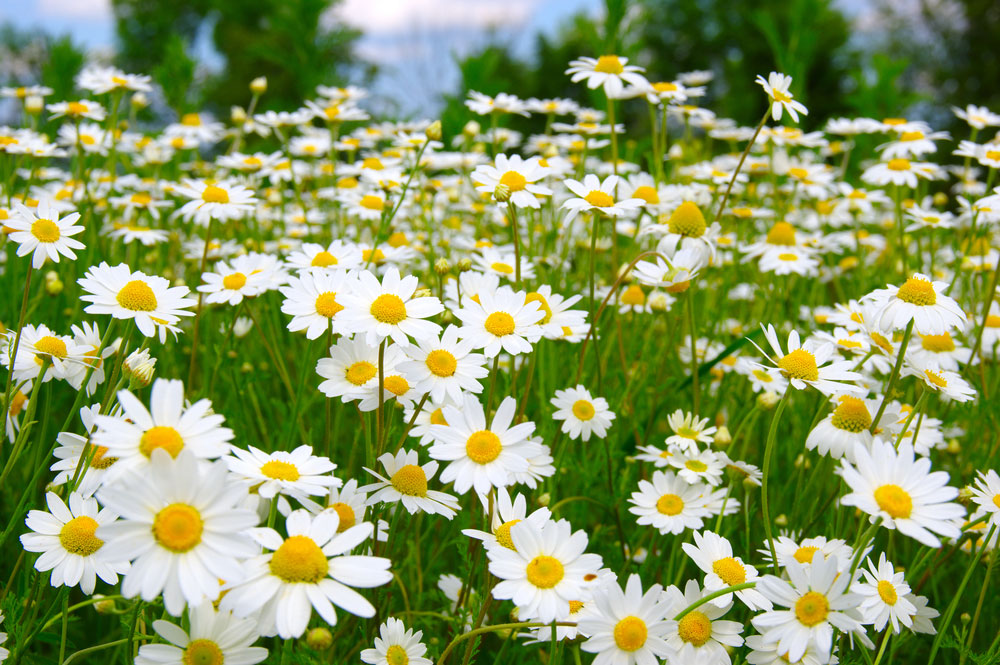
Its calming effect is thought to be due to an antioxidant it contains called apigenin which binds to specific receptors in the brain that may help decrease anxiety and encourage sleep. In a study investigating the effects of chamomile on sleep quality in older adults, participants who received 200 milligrams (mg) of chamomile extract twice daily for 28 days showed significant improvements in sleep quality compared with participants who took a placebo[i].
Camomile can also be taken as a tea. Simply put one teabag or 5-8g of loose camomile leaves into a cup of boiling water. Cover and leave to infuse for a few minutes before sipping slowly.
For anxiety – try valerian
Also known as St Vitus’ dance, valerian has been taken as a sedative and treatment for insomnia and nervous anxiety since ancient Greek and Roman times. Just the thing for relaxing the mind and body, it is non-addictive and won’t leave you feeling groggy in the morning as can happen with over-the-counter and prescribed sleep medications. It is thought to work by increasing the amount of the chemical GABA (gamma-aminobutyric acid) in the brain which regulates nerve cells and exerts a calming effect.
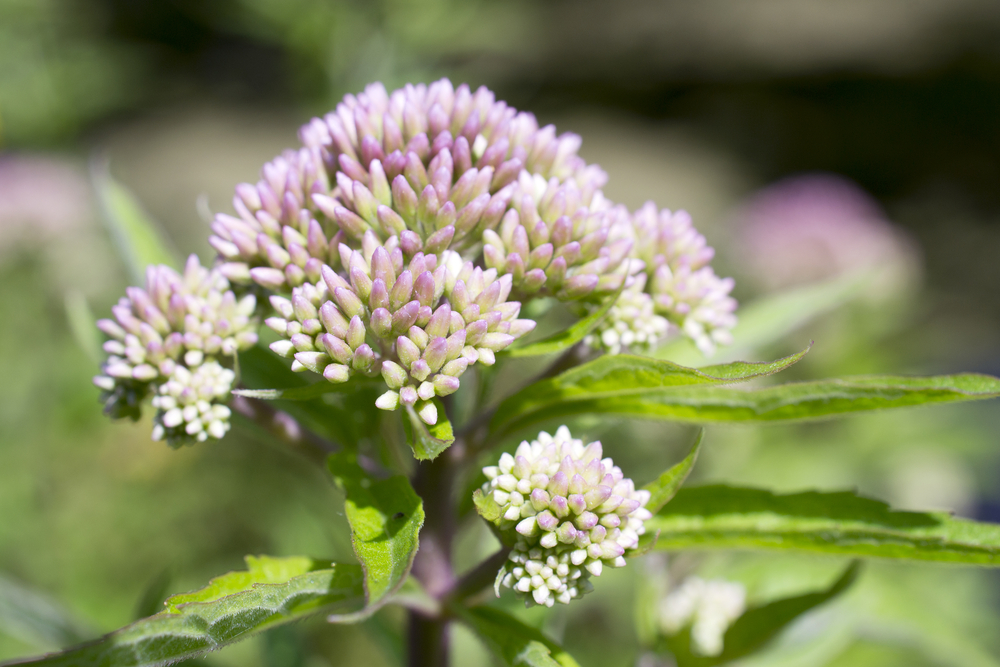
It can be taken as a tablet, tea or tincture. Alternatively, it can be added as an oil to your bath before going to bed. To make valerian bath oil add a handful of chopped valerian leaves to lavender oil and leave to infuse in a cool place before adding a few drops to your bathwater.
For nervous tension – try passionflower
With its wonderful showy purple and white flowers, passionflower is popular for its gentle non-addictive, sedative properties which can help you destress and in turn sleep better. It is often used for insomnia where the root cause is nervousness.
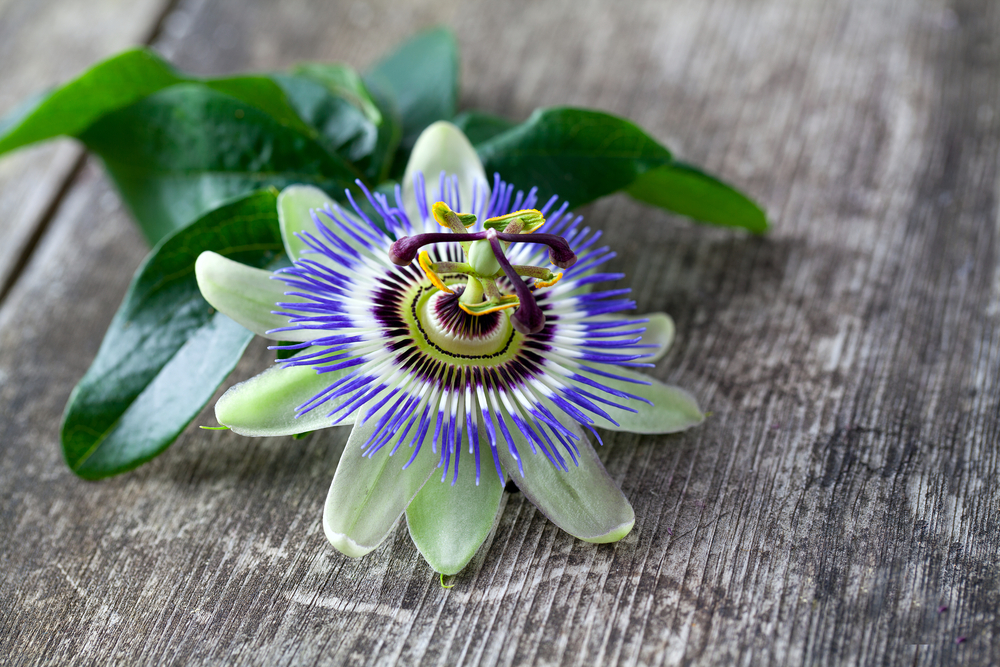
In common with valerian, passionflower is thought to work by increasing the amount of the chemical GABA (gamma-aminobutyric acid) in the brain which regulates nerve cells and exerts a calming effect. Studies suggest it may be more effective for insomnia when combined with other herbs such as valerian, hops and lemon balm. It can also be made into a tea by steeping dried passionflower, or a tea bag, in boiling water for a few moments and when cool enough sipping gently.
For stress – try ashwagandha
A medicinal herb commonly used to combat insomnia, ashwagandha has been used for thousands of years in Ayurveda, the traditional medicine system of India. It has been classified as a Rasayana herb that promotes body and brain health by increasing stress resistance and strengthening the immune system.

One study suggests that the sleep-promoting compounds known as triethylene glycol (TEG) are found in the leaves of the plant and work by eliminating feelings of stress or anxiety inducing calmness and encouraging sleep[ii]. Interestingly the ‘somnifera’ part of its botanical name (Withania somnifera) is derived from the Latin word for sleep- somnum.
For calm – try lavender
Last but not least comes lavender, the pretty flowering plant belonging to the mint family that is often used to help calm nerves and alleviate mild anxiety. Drink lavender flower tea or sprinkle a few drops of lavender oil on your sheets or pillowcases.
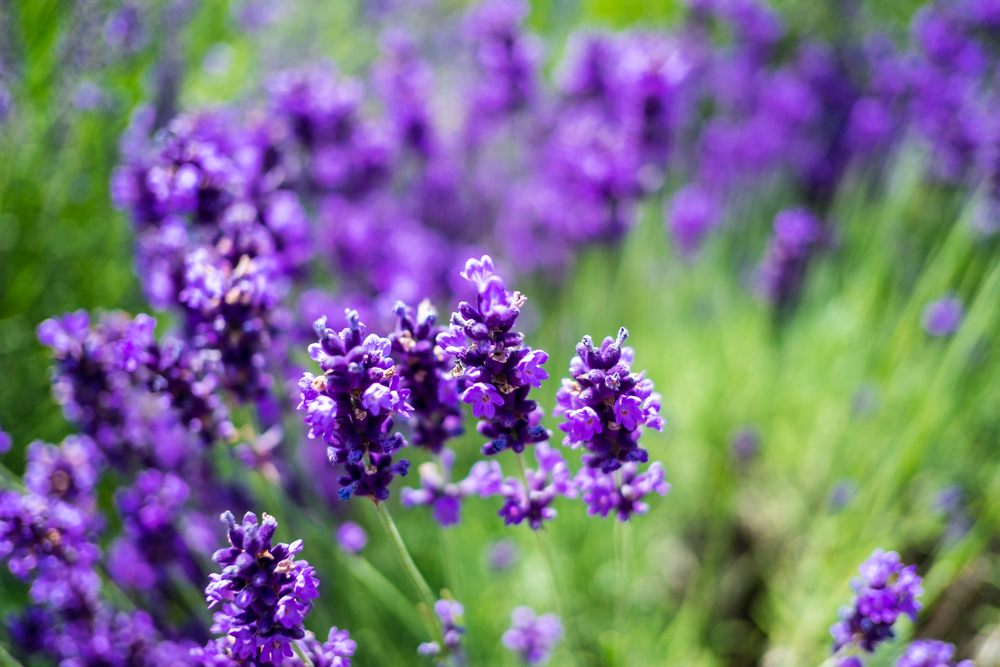
Alternatively, just place a couple of sprigs under your pillow. An old wives tale suggests that putting some flowers between your sheets will ensure that you and your partner never quarrel!
This year’s World Sleep Day is on 17th March: to find out more visit their website.
[i] pubmed.ncbi.nlm.nih.gov/29154054/
[ii] ncbi.nlm.nih.gov/pmc/articles/PMC5313221

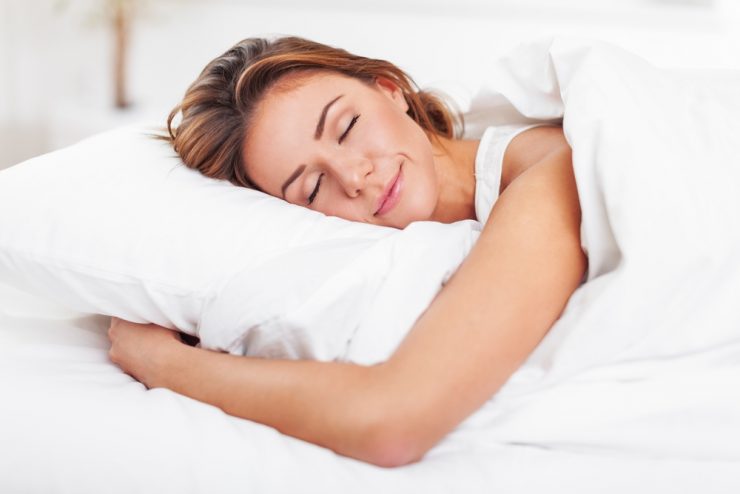






















Add comment